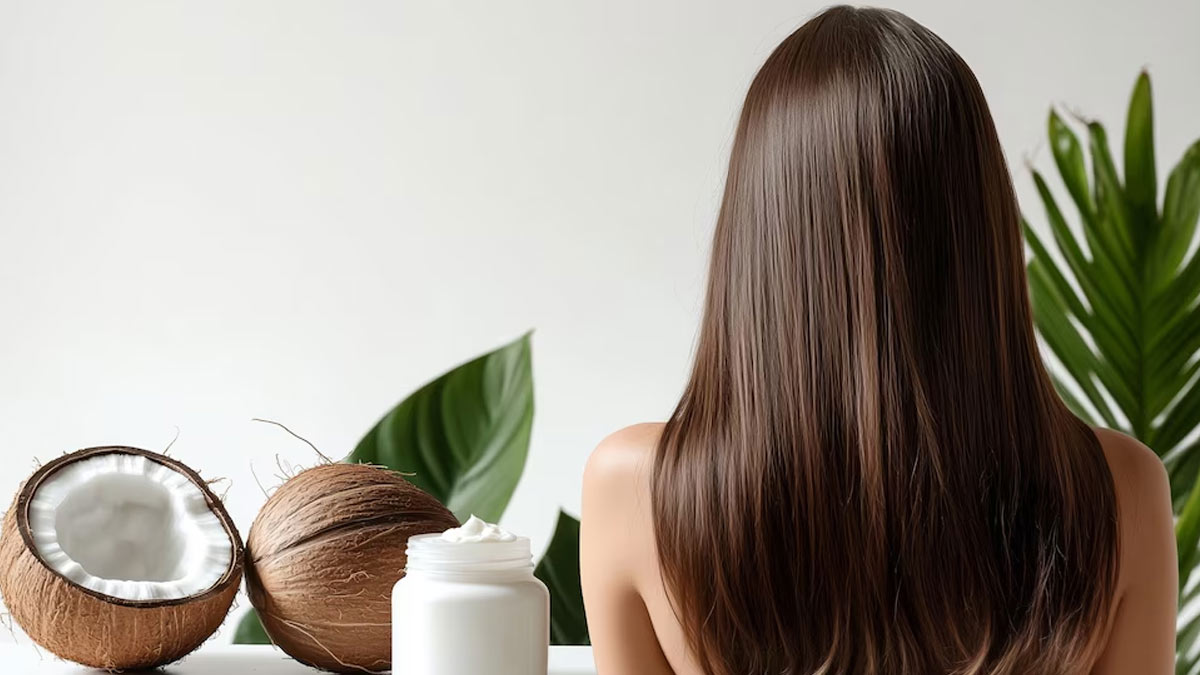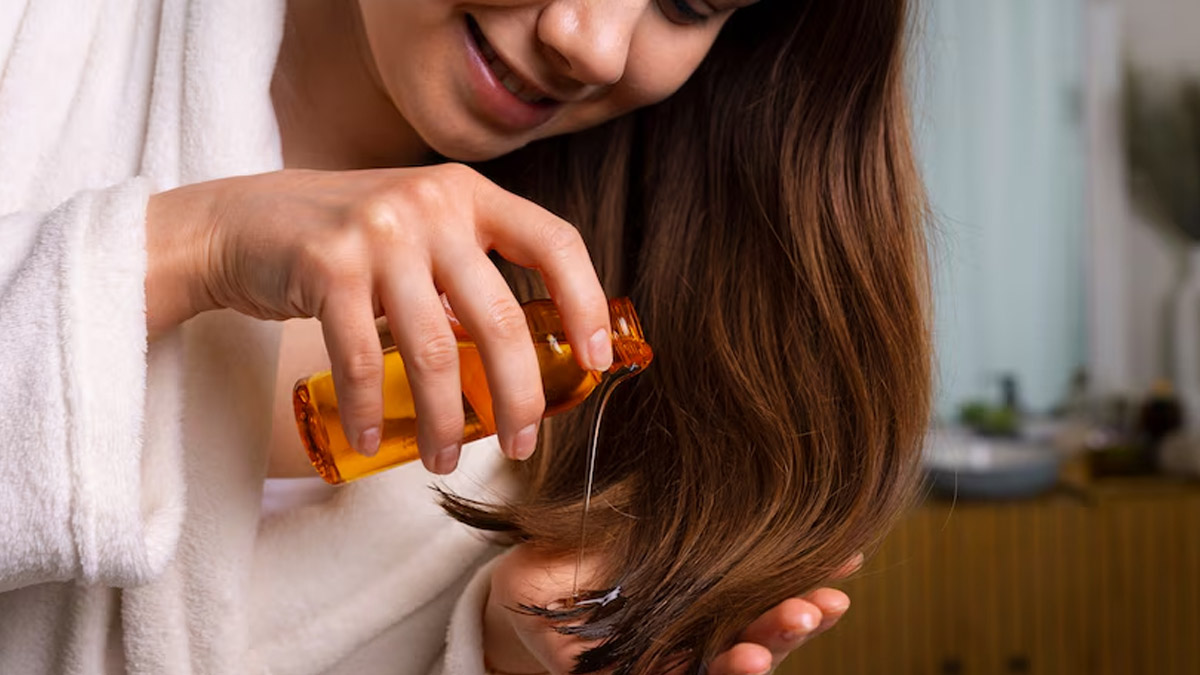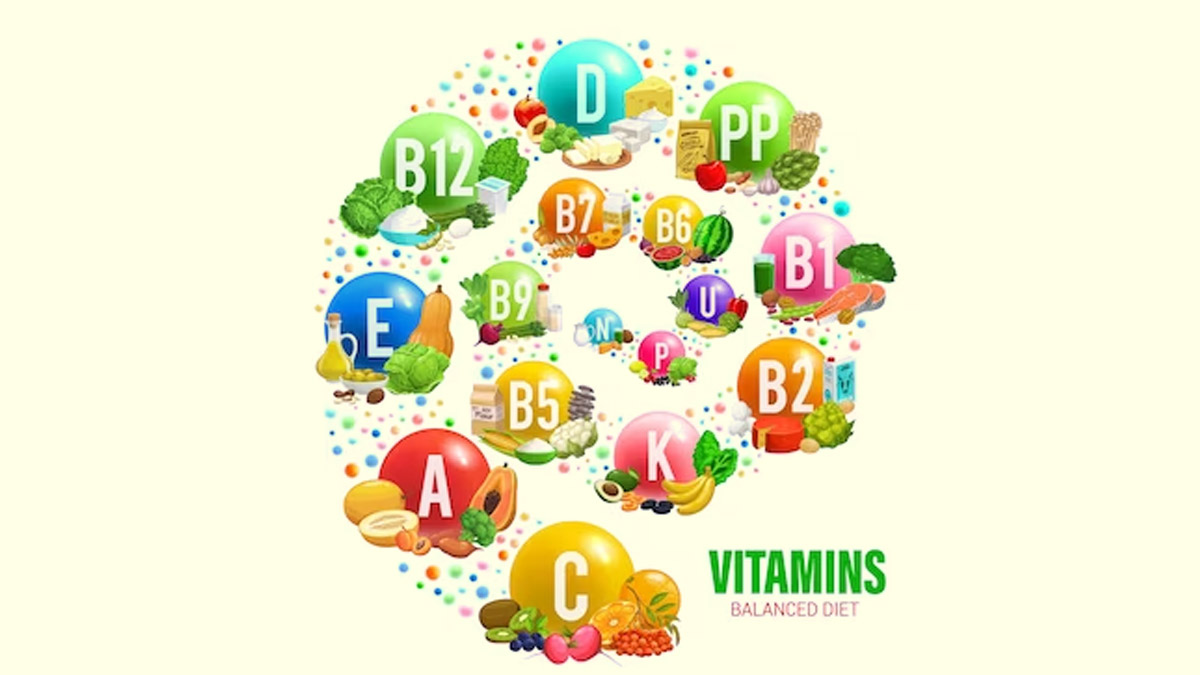
Hair vitamins are supplements specifically designed to improve hair health, strength, and appearance. They usually contain a blend of vitamins, minerals, and other nutrients that are essential for hair growth and maintenance. The primary goal of hair vitamins is to address deficiencies that may lead to hair thinning, breakage, or loss. Let's dive deeper into how these vitamins work and what science has to say about their effectiveness.
Table of Content:-
The Role of Nutrients in Hair Health
Biotin (Vitamin B7): Biotin is perhaps the most well-known vitamin associated with hair health. It plays a crucial role in the production of keratin, a protein that makes up hair, skin, and nails. Studies suggest that biotin deficiency can lead to hair loss, and supplementation can help improve hair thickness and shine. A 2015 study published in the Journal of Clinical and Aesthetic Dermatology found that participants with thinning hair who took biotin supplements experienced significant hair growth compared to those who took a placebo.
Vitamin A: This vitamin is essential for the growth of all cells, including hair. It helps the scalp produce sebum, an oily substance that moisturises the scalp and keeps hair healthy. However, too much vitamin A can lead to hair loss, so balance is key.
Vitamin C: As an antioxidant, vitamin C protects against free radicals, which can damage hair and lead to ageing. It also helps the body absorb iron, a mineral necessary for hair growth. A 2018 review in the Journal of Nutritional Biochemistry highlighted the role of antioxidants, including vitamin C, in preventing hair follicle damage and promoting healthier hair.

Vitamin D: Low levels of vitamin D are linked to alopecia, a condition that causes hair thinning. Vitamin D is believed to play a role in the formation of new hair follicles. A 2019 study published in the International Journal of Dermatology found that people with alopecia had significantly lower levels of vitamin D than those without the condition.
Also read: Hair Care: Honey And Banana Mask For Long And Shiny Locks
Vitamin E: Known for its antioxidant properties, vitamin E helps reduce oxidative stress in the scalp, promoting healthy hair growth. A study published in Tropical Life Sciences Research in 2010 showed that participants taking vitamin E supplements experienced a 34.5% increase in hair growth.
Iron: Iron deficiency, particularly in women, is a common cause of hair loss. Iron helps red blood cells carry oxygen to cells, including those that promote hair growth. A 2017 study in the Journal of the American Academy of Dermatology linked iron deficiency anaemia to increased hair shedding.
Zinc: This mineral plays a crucial role in hair tissue growth and repair. It also keeps the oil glands around hair follicles functioning properly. A deficiency can lead to hair loss and poor scalp health.
Also read: Why Henna Cream is Your Best Bet for Summer Hair Care
How Hair Vitamins Work

Hair vitamins work by addressing nutrient deficiencies that may impair hair health. When the body lacks certain nutrients, hair follicles can enter a resting phase, leading to increased hair shedding and decreased growth. By replenishing these nutrients, hair vitamins help support the natural growth cycle of hair.
For instance, biotin supports keratin production, making hair stronger and less prone to breakage. Vitamin C and E protect against oxidative stress, which can damage hair follicles. Iron and zinc ensure that hair follicles receive adequate oxygen and nutrients for optimal function.
While many people report positive effects from taking hair vitamins, the scientific community remains cautious. Most studies on hair vitamins involve small sample sizes and short durations. Additionally, the effectiveness of these supplements often depends on whether the individual has a deficiency to begin with.
A systematic review published in the Journal of Drugs in Dermatology in 2019 concluded that while certain supplements, like biotin and zinc, can benefit those with deficiencies, there is limited evidence supporting their effectiveness in individuals without nutrient deficiencies.
Conclusion
Hair vitamins can be beneficial, particularly for individuals with nutritional deficiencies. However, they are not a cure-all for hair loss or poor hair health. It's essential to maintain a balanced diet rich in vitamins and minerals, as well as to address underlying health conditions that might contribute to hair problems. If you're considering hair vitamins, it's best to consult with a healthcare provider to ensure they are appropriate for your needs.
Also watch this video
How we keep this article up to date:
We work with experts and keep a close eye on the latest in health and wellness. Whenever there is a new research or helpful information, we update our articles with accurate and useful advice.
Current Version